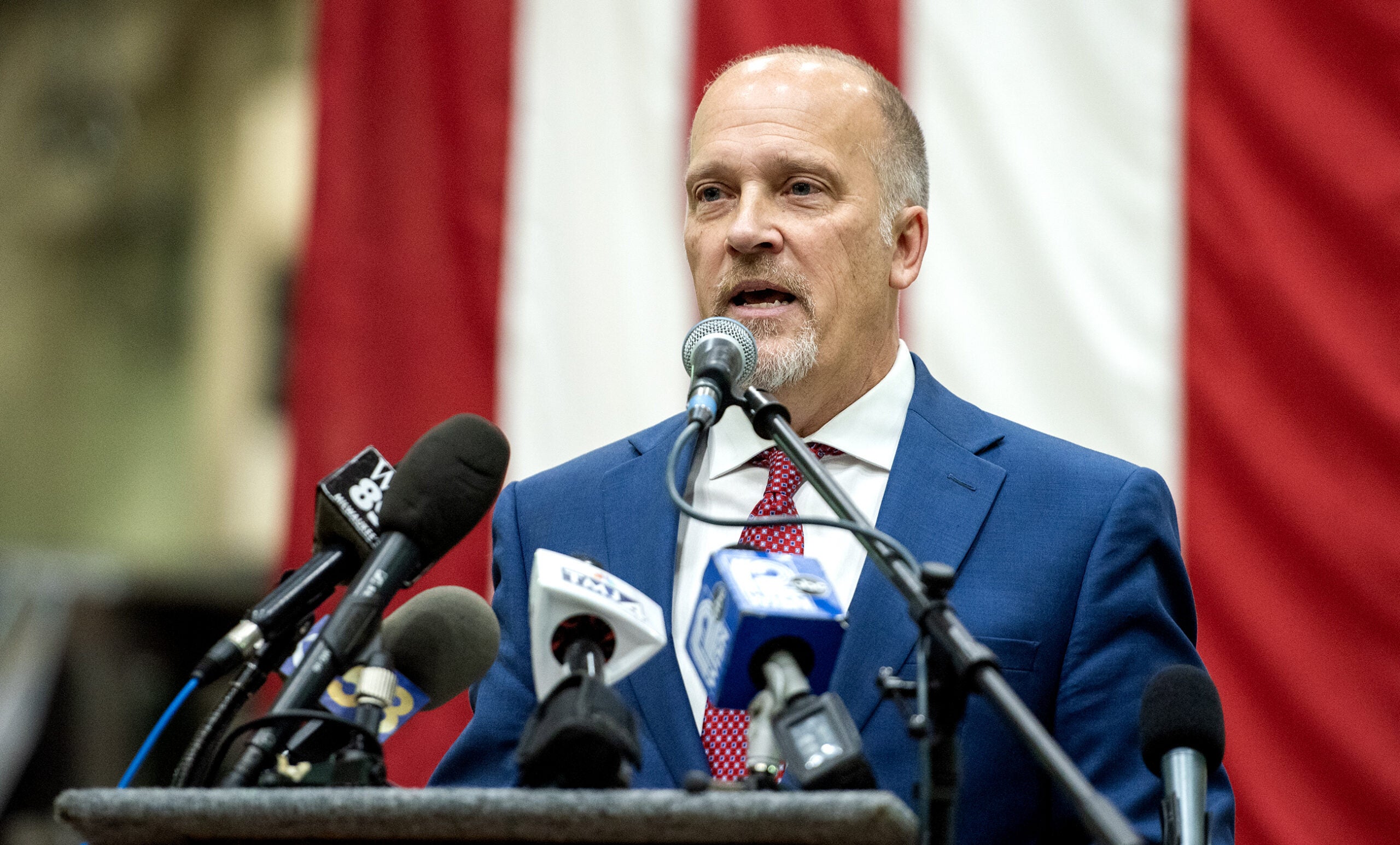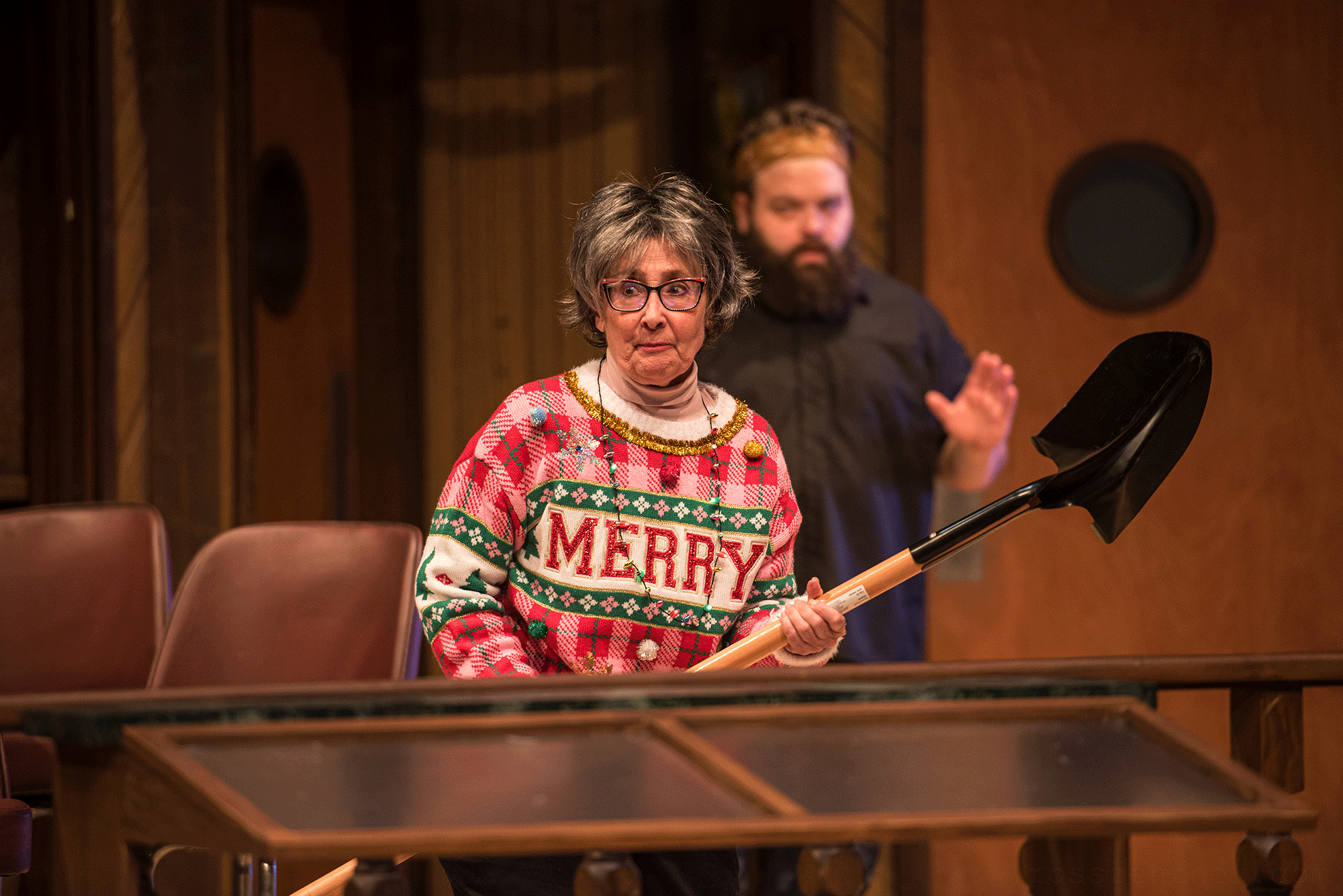An attempted murder case involving two 12-year-old girls in Waukesha, which has received national attention because of its connection with the fictional online character “Slenderman,” is also bringing new attention to a rarely used state law that automatically sends children as young as 10 to adult court.
In 1996, lawmakers lowered the age at which juveniles could be tried as adults. For crimes like attempted murder, children as young as 10 would begin being tried in adult court with an option of being waived to juvenile court. For the two 12-year-old Waukesha County girls accused of stabbing a friend 19 times, that means a judge will decide which court system they’ll face.
Waukesha County District Attorney Brad Schimel said he’ll fight to keep the girls in adult court.
Stay informed on the latest news
Sign up for WPR’s email newsletter.
“Part of the concern with juvenile court is that it has a limited timeframe,” said Schimel. “We get them until 25 and that’s it – they’re done and there’s nothing else we can do to monitor or supervise them.”
Schimel, who is also a candidate for state attorney general, said he isn’t sure 13 years would be enough punishment for this case.
“That would be almost one year for each year of the life of the victim,” said Schimel. “My gut reaction is that may not be long enough for something as serious as this.”
Lindsey Draper, a former Milwaukee County Court commissioner, said the juvenile court changes stemmed from a perceived increase in violent crime in the ’90s. He said the law was aimed at getting tough on youths involved in gang activity.
“If you were to ask me who they were looking at and who they were thinking about when they created this, it was certainly not a preteen Waukesha County girl,” said Draper.
Also, Draper said knowledge about brain development has come a long way in the past two decades, and that it’s now known that reasoning and logic functions don’t fully develop until people reach their early 20s. He said it all adds up to an extremely tough decision for the judge.
Wisconsin Public Radio, © Copyright 2025, Board of Regents of the University of Wisconsin System and Wisconsin Educational Communications Board.




